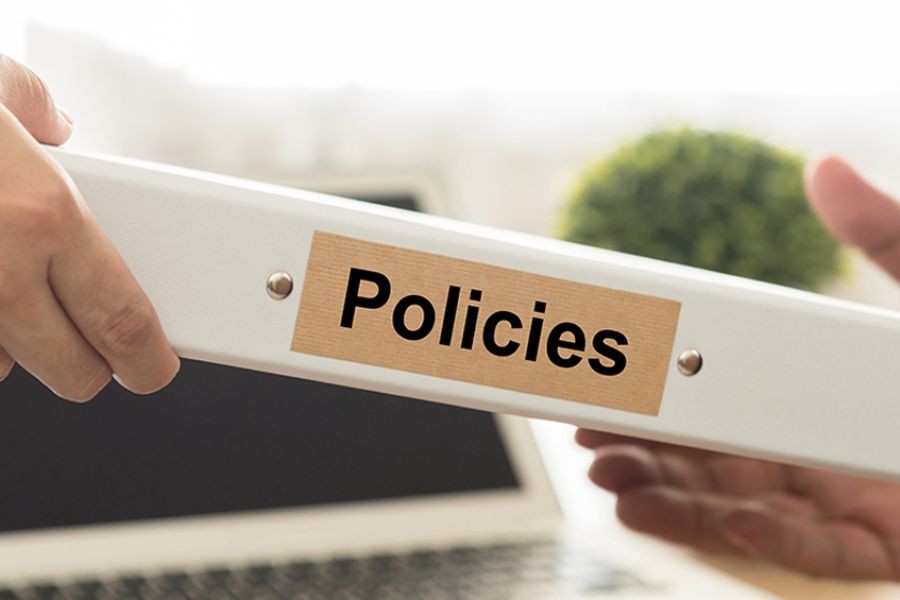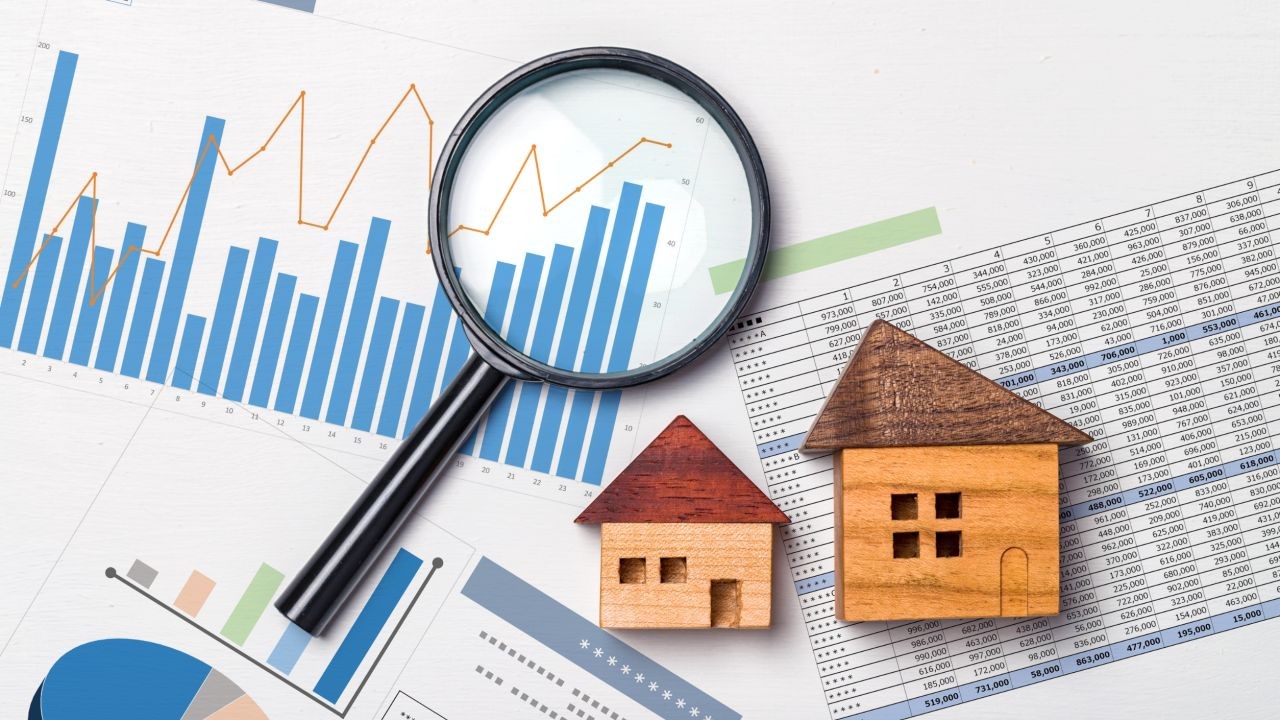Did you know that despite New Zealand's robust economy, many Kiwis still struggle with financial stability? As the nation grapples with issues like rising living costs and income inequality, the question arises: Are New Zealand’s policies designed to keep its citizens poor, or is there a misconception at play? This article takes a deep dive into the economic policies shaping New Zealand's landscape, examining whether they are inadvertently hindering prosperity or paving the way for a sustainable future.
The Economic Context: A Double-Edged Sword
New Zealand's economy is a paradox. On one hand, it boasts a high standard of living, ranking among the top countries for quality of life. On the other hand, it faces significant challenges such as housing affordability, wage stagnation, and wealth disparity. The Reserve Bank of New Zealand’s data shows that household debt has surged to over 160% of disposable income, signaling potential financial distress for many families.
While government initiatives like the KiwiBuild program aim to address housing shortages, critics argue that these efforts are insufficient. The Ministry of Housing and Urban Development projects a deficit of 40,000 homes by 2030, indicating a gap between policy goals and actual outcomes.
Pros and Cons of Current Policies
✅ Pros:
- Income Support Programs: Policies like Working for Families provide essential financial aid to low-income households, helping to alleviate poverty.
- Free Trade Agreements: These have opened up markets for New Zealand businesses, boosting exports and economic growth.
- Environmental Initiatives: Policies focused on sustainability, like the Zero Carbon Act, aim to create a resilient economy amid climate change.
❌ Cons:
- Housing Crisis: Despite efforts, housing remains unaffordable for many, with home prices increasing by 27% in recent years (Stats NZ, 2024).
- Wage Stagnation: Real wage growth has not kept pace with inflation, reducing purchasing power for the average Kiwi.
- Rising Living Costs: The cost of essentials like food and energy continues to climb, straining household budgets.
Case Study: The Impact of Wage Policies
Case Study: Living Wage Movement – A Step Towards Equity
Problem: Many New Zealand workers, especially in service sectors, earned below the living wage, struggling to meet basic living costs. The gap between the minimum wage and the living wage exacerbated poverty and inequality.
Action: Advocacy groups pushed for the adoption of a living wage across sectors. The Living Wage Movement aimed to ensure workers received compensation that met their essential needs.
Result: Several businesses, including Wellington City Council, adopted the living wage policy, resulting in a 15% increase in wages for affected workers. Employee satisfaction and retention rates improved significantly.
Takeaway: This case underscores the importance of aligning wages with the cost of living to reduce poverty and enhance economic stability. Other sectors in New Zealand could see similar benefits by adopting such policies.
Contrasting Perspectives: Is There a Middle Ground?
There are differing opinions on whether New Zealand's policies are beneficial or detrimental. Advocates argue that government initiatives are crucial for social equity and environmental sustainability. For instance, the Zero Carbon Act is lauded for its long-term vision of reducing emissions and promoting green jobs.
Critics, however, contend that some policies may stifle economic growth. They point to the Resource Management Act as an example, suggesting it creates bureaucratic hurdles that delay infrastructure projects and drive up costs.
Middle Ground: A balanced approach that integrates robust economic policies with sustainable development goals could bridge these perspectives. Streamlining regulatory processes while maintaining environmental safeguards may lead to more effective outcomes.
Common Myths and Misconceptions
- Myth: "The government controls all economic outcomes." Reality: While policies influence the economy, external factors like global market trends and natural disasters also play significant roles.
- Myth: "High taxes are solely responsible for low disposable income." Reality: Stats NZ data shows that housing costs consume a large portion of income, impacting disposable income more than taxes.
- Myth: "Sustainability initiatives are an economic burden." Reality: Investments in renewable energy and sustainable practices can lead to long-term savings and job creation.
Data-Driven Insights: What the Numbers Say
According to the Reserve Bank of New Zealand, the country's GDP growth rate has been steady, yet income inequality remains a pressing issue. A report from the Ministry of Business, Innovation, and Employment (MBIE) highlights that 20% of households hold over 60% of the nation's wealth, pointing to a significant wealth gap.
Further, a survey by Stats NZ revealed that 35% of New Zealanders feel financially insecure, with the majority citing high living costs as a major concern. These statistics underscore the need for policies that promote equitable wealth distribution and address the root causes of financial instability.
Future Trends and Predictions
Looking ahead, New Zealand's economic landscape is poised for transformation. Experts predict that by 2028, digital innovation and green technologies will drive economic growth. The MBIE forecasts a significant shift towards renewable energy, with solar and wind power expected to supply 40% of the nation's electricity by 2030.
Additionally, the rise of remote work and digital entrepreneurship presents new opportunities and challenges. Policies that support digital infrastructure and workforce upskilling will be crucial in navigating these changes.
Conclusion: Navigating the Path to Prosperity
New Zealand's policies are not inherently designed to keep its people poor, but rather to navigate the complexities of a modern economy. While challenges like housing affordability and income inequality persist, there are opportunities for growth and sustainability. By embracing balanced policies that address both economic and social needs, New Zealand can foster a more equitable and prosperous future.
As a sustainability consultant, your role in shaping these policies and advocating for responsible practices is pivotal. Engage with policymakers, support innovative solutions, and contribute to a sustainable future for New Zealand.
People Also Ask (FAQ)
- How do New Zealand’s economic policies impact sustainability? Policies like the Zero Carbon Act aim to reduce emissions and promote green jobs, supporting long-term sustainability goals.
- What are the biggest misconceptions about New Zealand's economy? Many believe high taxes are the main issue; however, housing costs significantly impact disposable income.
- How can businesses thrive under current economic policies? By leveraging free trade agreements and investing in sustainable practices, businesses can enhance growth and competitiveness.
Related Search Queries
- New Zealand economic policies 2024
- Housing affordability in New Zealand
- Living wage movement NZ
- Sustainability initiatives New Zealand
- Income inequality in New Zealand




































Blaine01T1
2 months ago